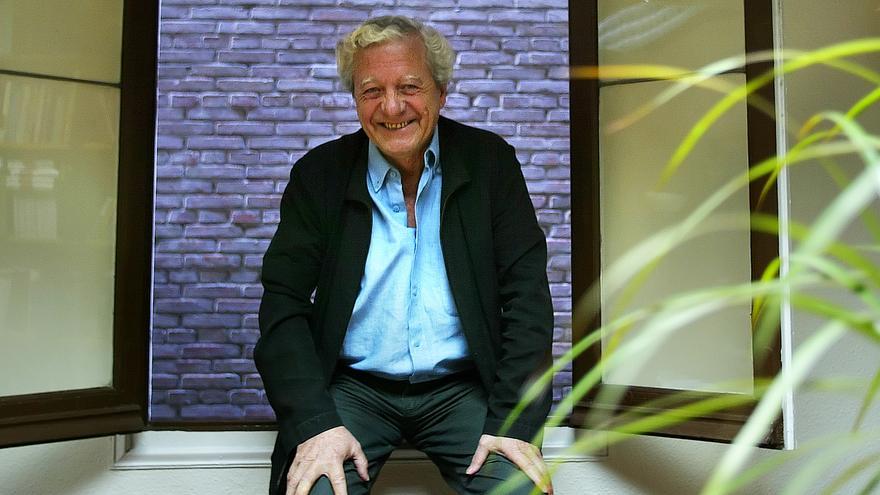Jorge Martínez Reverte, who died on Wednesday in Madrid at the age of 72, was much more than a journalist. Was also novelist, historian and screenwriter. As a journalist, he had collaborated in emblematic magazines of the late Francoism and the Transition, such as’ Triunfo ‘,’ Cambio 16 ‘,’ La Calle ‘,’ Posibeo Ciudadano ‘, and had written for many years in’El País ‘and in’ EL PERIÓDICO DE CATALUNYA‘. He published thousands of articles and reports and also worked for TVE and Madrid television.
Creator of Detective Julio Gálvez, who starred in ‘Too Much for Gálvez’, the first novel of the series, or ‘Gálvez en Euskadi’, a set of crime novels in which he addressed the political problems of the end of the Franco regime and the Transition, a bit in the manner of Pepe Carvalho by Manuel Vázquez Montalbán.
Author of some thirty books, such as historian specialized in the Spanish Civil War. He published, among other works, ‘The battle of Madrid’, ‘The battle of the Ebro’, ‘The art of killing’, ‘Fury and silence’, ‘From Madrid to the Ebro’ or, as a derivative of the conflict, ‘ The Blue Division ‘, to which his father had belonged. All his books on the Civil War were made with ua technique that mixed rigorous research and written or oral testimonies, and stood out for their narrative amenity.
She received the Terenci Moix International Prize for her work ‘The Fall of Catalonia’, referring to the Civil War. Catalonia always it had been one of his worries and in his columns of the last years he was very present both the conflict of the relationship with the rest of Spain and the protagonists of the ‘procés’. Many times, Catalunya and the ‘procés’ sneaked into his writings even without coming much to mind, although they were not the main topic of the column, which indicated that he could not stop thinking about a question that tore him inside. He admired – and more than once wrote – those who, in a situation of as much pressure as the one suffered in Catalonia today, were capable of breaking the unanimity installed in a decisive part of Catalan society.
Anti-Franco militant since always, he had never stopped being on the left, contrary to what happened with some friends and colleagues with whom he had shared work and activism. “That has changed both ideology and telephone,” he once said of one of them, now disappeared. As a result of that commitment, he published, along with his sister Isabel, ‘The Atocha Massacre’, a reconstruction of the murder in 1977 of five labor lawyers in the office on Atocha street in Madrid.
Catalonia had always been one of his concerns and in his columns in recent years the ‘procés
—
In 2009 he obtained the Ortega y Gasset Journalism Award for the report ‘A dignified death’, in which he explained how he and his brothers had helped his mother die, suffering from terminal breast cancer and had applied for help. Jorge confessed that it was the text that had cost him the most to write and remembering it now is very timely when it has just been approved in Spain the law of euthanasia, although it has not yet entered into force.
It is not the only time he wrote about health and illness. In 2014 he suffered a stroke that left him paralyzed, but allowed him to continue writing. He narrated his experience in the book ‘Uselessly handsome. My battle against stroke ‘, and two weeks ago he explained in his column of’ El País’ that he had cancer detected, of the one who has just died. All these texts that could be tragic were impregnated with a sarcastic sense of humor that never left him.
It may interest you
Staunch Madridista as it was, for example, provoked the fans of Barça with statements like this: when the Catalans won the first European Cup in 1992 at Wembley, he told a Culé fan: “Now you have one more European Cup than Almería.”
Jorge M. Reverte, as signed, leave a posthumous book, which will be published next April. It is about ‘The flight of the vultures’, about the Annual disaster and the Rif conflict, which, according to its editor, will provide news about the war waged by the Spanish Army a century ago in Morocco.
– .


